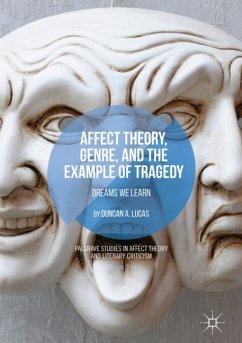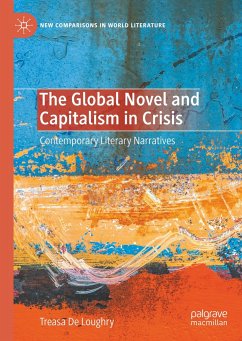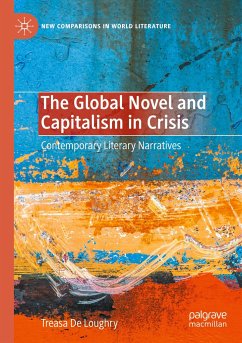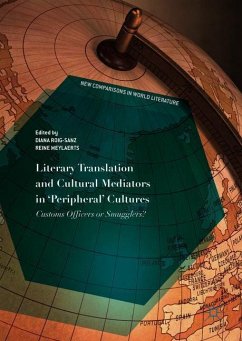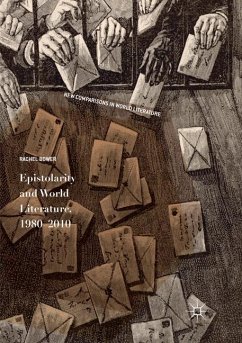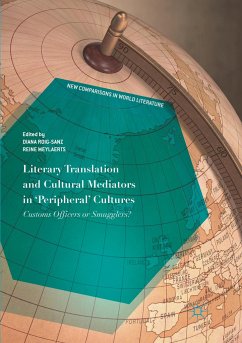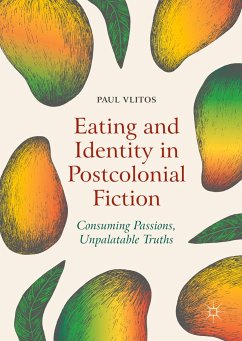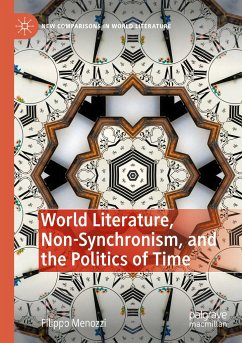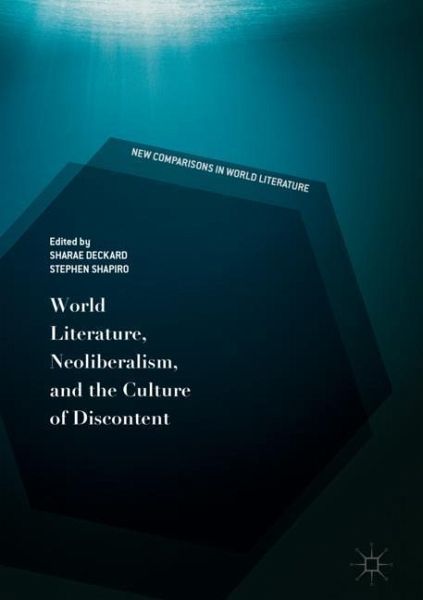
World Literature, Neoliberalism, and the Culture of Discontent

PAYBACK Punkte
46 °P sammeln!
This book explains neoliberalism as a phenomenon of the capitalist world-system. Many writers focus on the cultural or ideological symptoms of neoliberalism only when they are experienced in Europe and America. This collection seeks to restore globalized capitalism as the primary object of critique and to distinguish between neoliberal ideology and processes of neoliberalization. It explores the ways in which cultural studies can teach us about aspects of neoliberalism that economics and political journalism cannot or have not: the particular affects, subjectivities, bodily dispositions, socio...
This book explains neoliberalism as a phenomenon of the capitalist world-system. Many writers focus on the cultural or ideological symptoms of neoliberalism only when they are experienced in Europe and America. This collection seeks to restore globalized capitalism as the primary object of critique and to distinguish between neoliberal ideology and processes of neoliberalization. It explores the ways in which cultural studies can teach us about aspects of neoliberalism that economics and political journalism cannot or have not: the particular affects, subjectivities, bodily dispositions, socio-ecological relations, genres, forms of understanding, and modes of political resistance that register neoliberalism. Using a world-systems perspective for cultural studies, the essays in this collection examine cultural productions from across the neoliberal world-system, bringing together works that might have in the past been separated into postcolonial studies and Anglo-American Studies.






